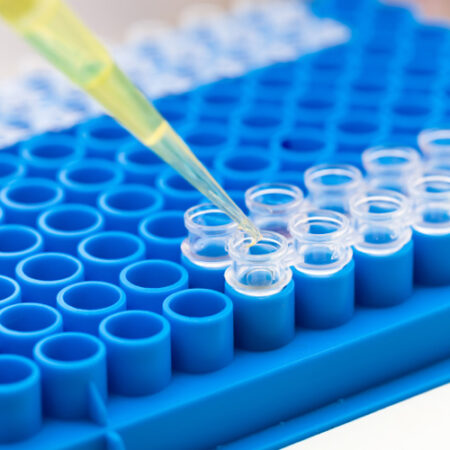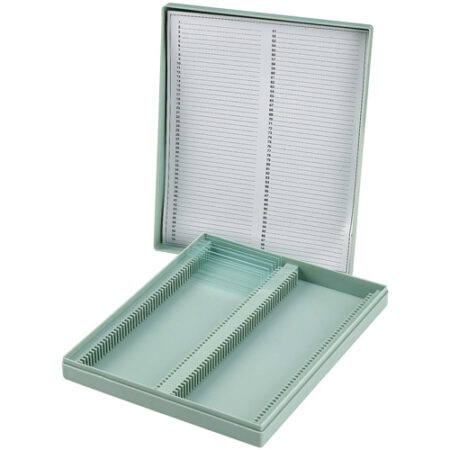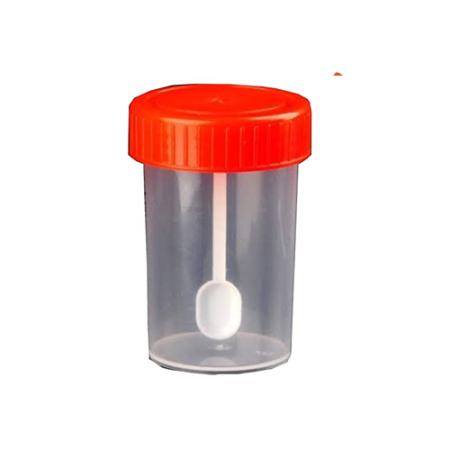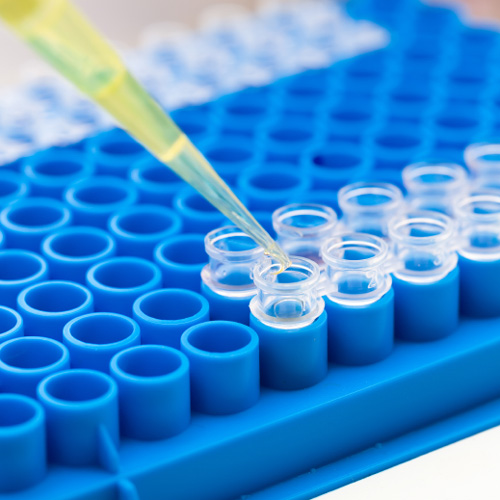What RNase, DNase-Free?
RNase, DNase-free, and sterile laboratory supplies and equipment differ in subtle ways. When relying on lab supplies and apparatus to produce precise, dependable findings, it is crucial to comprehend the distinction between purity grades. The tiniest amount of RNase or DNase contamination in a laboratory setting can interfere with delicate investigations in the field of molecular biology.
Globe Scientific is dedicated to offering benchtop equipment, glassware, and plastics that uphold the highest levels of quality for our customers. Continue reading to find out the significance of purity grades and how they affect the lab environment.
Knowledge of Purity Grades
It is essential to safeguard delicate lab samples from deterioration and contamination that medical equipment and goods are rated according to their level of purity.
A product is defined as being sterile if it is free of any live organisms (bacteria, yeast, fungi, or spores), but nonviable biologic contaminants might not be eliminated by regular sterilisation procedures.
As RNA is extremely sensitive and can be swiftly degraded by RNases, RNase-free describes a product free of RNases (or Ribonulceases, enzymes that digest RNA), which is necessary to prevent RNase contamination.
DNase-free refers to a product that is devoid of DNases, also known as deoxyribonucleases, which are DNA-degrading enzymes. DNase contamination has serious repercussions for genetic tests, hence it must be avoided.
In order to run a successful laboratory, choosing the right purity grades is crucial to protecting the integrity of your samples, streamlining your lab procedures, and, of course, getting the best results.
Sterile vs. RNase-, DNase-Free in a Laboratory Environment
The importance of purity grades in a laboratory setting is underlined since they have an impact on working procedures and the precision of results. As experts in this field are aware, it is of utmost importance to guarantee contaminant-free labware in order to obtain accurate results and painstakingly thorough examinations.
Purity levels that are appropriate for one kind of workflow might not be for another. For cell cultures, plant and animal-derived products, algae, and microbiology applications, sterilized equipment is allowed. However, lab equipment must be certified RNase, DNase-free in order to guard against destructive enzymes that endanger sensitive biologic material. Applications for this purity grade include genomics, gene therapy, DNA and RNA sequencing, exosomes, and proteomics.
FAQ
Recombigen manufacturers offer pipette tips that are explicitly labeled as RNase-free. These tips undergo specific manufacturing processes and are often made from materials that are certified to be free from RNases. They are typically packaged in sterile, RNase-free packaging to maintain their integrity.






Reviews
There are no reviews yet.